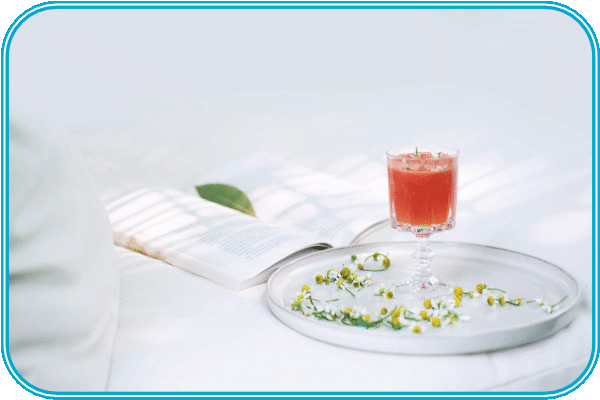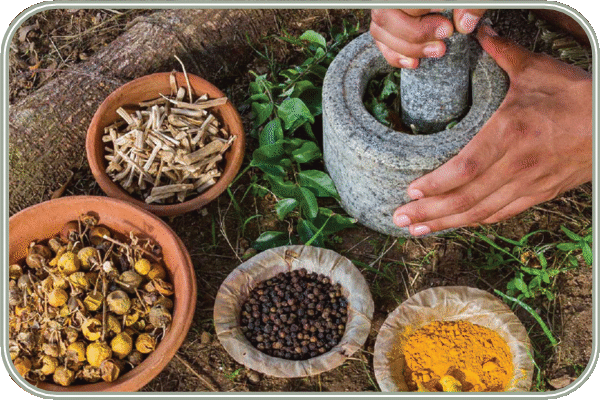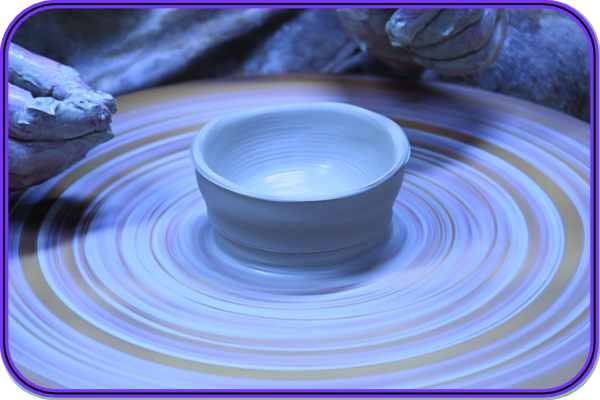Taming our emotions
In a recent article, we explained how emotions can affect our health and be an obstacle to our full health. So, what can we do to avoid this? We will see how to tame our emotions so that they become our life partners and stop harming us.
How to regulate emotions
Ancient texts recommended regulating emotions by pursuing activities that soothe the mind. They also advised finding constructive outlets for emotions, especially anger. Finally, they emphasized the importance of developing a fulfilling life, one that allows for both contentment and compassion. This advice is still relevant today, and we will explore it in more detail.
Controlling and regulating emotions requires first being aware of them. This seems obvious, but experience shows that many people are not. This is particularly true with the emotion of anger, the expression of which is increasingly taboo in our society. It has long been taboo in Asia. So, instead of recognizing and expressing this emotion, we hold it back. It becomes then unconscious and is projected onto those around us. Therefore bringing emotions back to consciousness is a major step on the road to healing.
Maintaining Peace of Mind
According to ancient Chinese medicine texts, a healthy mind is considered the foundation of health and longevity. The mind acts as the rudder of life and therefore controls all physiological functions.
TCM identifies two types of mental activity: emotional and mental. Thus, caring for the mind means calming one’s thoughts and regulating one’s emotions.
A tranquil mind is believed to be peaceful, free from excessive desires and distracting thoughts. It is unaffected by external changes.
Taishang Laojun’s ancient book Health-Preservation Skills identifies “six harmful elements”, namely:
fame and profit, the desire for which should be suppressed;
sexual desire, which one should not allow oneself to be controlled by;
wealth, for which one should not be greedy;
rich food, which one should not eat in excess;
unrealistic fantasies, which must be eliminated because they distract thoughts from reality and are harmful to the mind;
jealousy, or envy, which should also be eliminated;
laziness, against which we must “wag war.”
A healthy lifestyle
The Canon of Medicine (Nei Jing), a major classic of TCM, advises: “Do not let yourself be weighed down by perplexed thoughts; strive to be calm and optimistic; be complacent (calm in the face of situations that may cause anger); and keep the sound in body and mind. In this way, one can live to the age of 100.” Let us recall here the basic principles of a healthy lifestyle:
- Eat at the right time (regular mealtimes);
- Eat appropriate foods (balanced diet, quality and quantity);
- Drink regularly, enough but not too much;
- Engage in regular intense exercise;
- Retain a good balance between activity, leisure, and rest.
Indeed, this healthy lifestyle will help maintain good vitality and a smooth circulation of blood and therefore qi. This will thus promote the balanced functioning of our organs. Because of the relationship between organs and emotions, the more balanced our physical body is, the more stable our mind and emotions tend to be.


Healing tools
Emotional imbalance is not inevitable. As soon as we become aware of recurring emotional excess, we can take action to rebalance it. Here are some effective tools for treating emotional disorders and stabilizing the mind.
Medical help
-
- Chinese medicine: acupuncture, herbs, dietetics;
- Psychological help. When the roots of excessive emotion are deep or unconscious, psychological work may be necessary.
Healing activities
-
- Qi gong, taiji chuan, martial arts;
- meditation;
- yoga (becoming a yogi, not a yoga practitioner);
A healthy daily attitude
-
- These tools will be more effective if we take care of our behavior in our daily lives. This means developing awareness and cultivating a positive mindset. Indeed, it’s no coincidence that “positive thinking” and “law of attraction” techniques are fashionable these days. They adapt to our needs in this society.
- “Be kind and compassionate” is what the ancient Chinese masters recommended. Kindness and compassion nourish the heart, the emperor of organs. Thus, a “good heart” is a factor of stability and health.
Achieve a fulfilling life

To have a peaceful mind, we must therefore find our path to a fulfilling life. This means nourishing all areas of our lives, through:
- an activity we love (professional or not);
- practicing activities that uplift the spirit and bring joy (music, dance, qigong, tai chi, yoga, or any other type of art), various games;
- spending time in nature, gardening, or caring for animals;
- developing harmonious relationships, including a fulfilling sexuality.
The challenges of our life
More and more of us are facing a major challenge: “I am frustrated in my work. I don’t feel good there. Is there any way I can improve my work environment to feel better? Or should I leave it as soon as possible, risking financial insecurity.” This challenge often comes down to this crucial choice: health or money?
There are others, related to our environment and lifestyle, that rob us of full fulfillment:
- Frustration and dissatisfaction. These frustrations can be found not only in our work but also in our family life, in our relationship with our children. Excessive pressure & lack of time do not favor a harmonious life.
- Urban life. Many of us live in big cities. Therefore we are disconnected from nature, which is however a major source of balance, resourcefulness and peace.
- The rhythm of life. It is mainly based on work and the need to earn money. It ignores the biological and natural needs of the human being and thus goes against his blooming.
- Lack of spirituality. The spiritual aspiration, which is part of our natural balance, is neglected nowadays.
To face these constraints sometimes subjects us to real emotional storms. It will then prove necessary to seriously question our way of life.







0 Comments